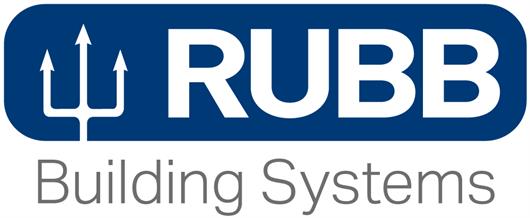Inspecting aircraft is an indispensable part of the maintenance, repair, and overhaul (MRO) process for airlines and other operators. Traditional inspections, however, can be time-consuming, costly, and risky for technicians.
Enter the drone revolution.
Rubb UK sheds light on how drones can transform aircraft inspections, enhancing efficiency and safety in MRO companies.






